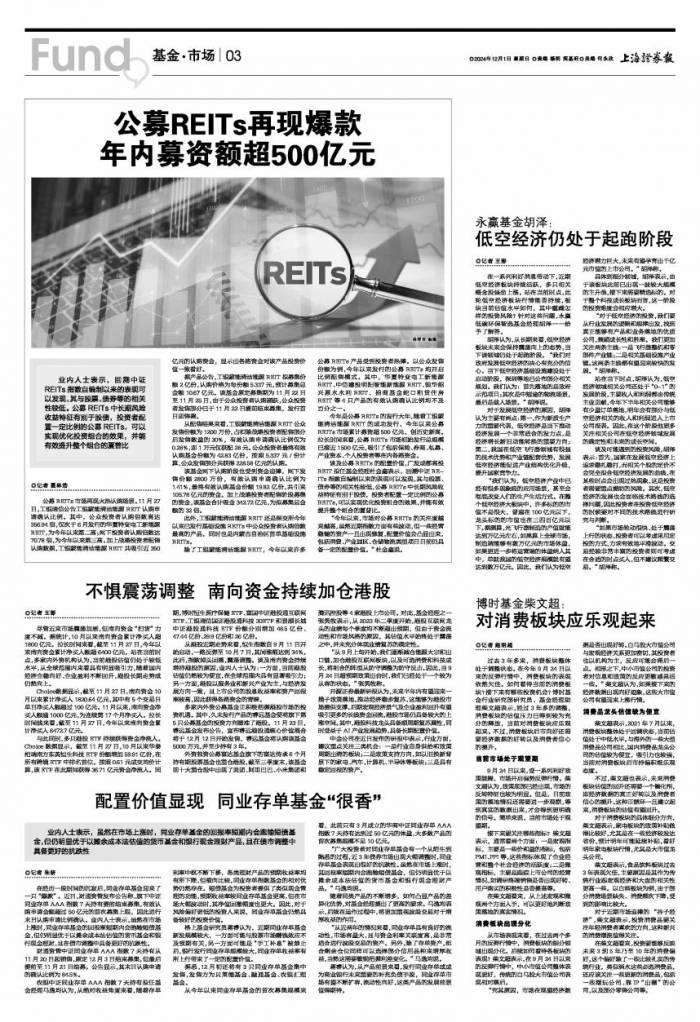The financial landscape is witnessing a significant shift as the yields on 10-year U.S. Treasury bonds recently surged above the 5% threshold for the first time since 2007. This milestone was reached during the European trading hours on October 23, driven by multiple factors that reflect ongoing tensions in global markets. The escalation of the Israel-Palestine conflict, persistent bond issuance from the U.S. Treasury, and the Federal Reserve's ongoing battle with high inflation are all contributing to this striking increase in yields.
For many investors, U.S. Treasury bonds are seen as one of the safest investments, acting as a benchmark for risk-free returns. With the yield climbing to 5.02% at its peak during early trading, it marks a significant rise indicative of broader economic concerns. This spike has led to a ripple effect across various risk-sensitive assets, notably pulling down key indices in Europe and hitting the prices of major crude oil futures.
According to data collected from the Dow Jones Market Data Company, this rapid rise in yields is emblematic of one of the most severe bond market crashes in history over the past month. With yields on 10-year Treasury notes now at levels not seen in over 16 years, the implications are far-reaching. Higher interest rates directly correlate with increased borrowing costs for businesses and consumers alike, which could ultimately stifle economic growth. Consumers may feel the pinch as borrowing costs escalate, leading to tighter financial conditions that could, in turn, adversely affect their purchasing power and financial stability.
Furthermore, the tech sector, known for its reliance on accessible financing for innovation and growth, may experience significant pressure as funding costs soar. The past decades have seen technology firms flourish in a low-interest environment, which has allowed for easy venture capital and investment capital access. Now, with bond yields increasing, the cost of capital has skyrocketed, leaving many of these enterprises grappling with tighter budgets and potentially stunted growth. Moreover, investors may start to favor more traditional fixed-income securities over riskier assets, prompting a shift in capital flow that could penalize the tech industry.
This situation puts holders of U.S. debt in a precarious position; with rising yields typically signify falling bond prices, those who decide to sell early may incur significant losses. Historically, the inverse relationship between bond prices and yields means that the current environment could risk erasing the gains of long-term holders.
Beyond national borders, the implications of the rising Treasury yields extend to the global financial markets. Such movements typically send shockwaves through international stock markets. As the yields rise, institutional and retail investors may pivot towards the safety of government bonds, leading to a capital exodus from equities. This dynamic presents challenges for asset managers who must grapple with the volatility induced by escalating yields.
Furthermore, consumer behavior is likely to shift dramatically amidst rising borrowing costs, significantly affecting the real estate market as well. With loans and credit card rates climbing, households may restrict their spending on non-essential goods and services, leading to a slowdown in consumer-driven economic growth. Similarly, the housing market may cool as prospective buyers face higher mortgage rates, which translate to increased monthly payments and reduced affordability in an already tight market.
In terms of foreign exchange markets, an upswing in U.S. Treasury yields often boosts the attractiveness of the U.S. dollar. The strong dollar may draw in foreign investment, as international investors lock in yields that exceed returns from their local bonds. However, this effect could hurt economies that rely heavily on exports, making their products less competitive abroad due to increased prices stemming from a stronger dollar.
While the current scenario presents numerous challenges, there may also be advantages to consider. Higher Treasury yields could signal robust economic activity, reflecting confidence in the U.S. economy's resilience. If investors perceive the increased yields as a sign of enduring economic strength, this could eventually bolster stability in market sentiment and promote inflow into the economy.
Moreover, policymakers and investors must remain vigilant and responsive to fluctuations in Treasury yields, as they play an essential role in shaping economic trajectories both domestically and globally. Strategic responses can help mitigate risks, facilitate smooth market functioning, and exploit potential opportunities that arise from this complex financial landscape.
In conclusion, the recent crossing of the 5% yield mark on 10-year U.S. Treasuries encapsulates a critical juncture in the financial world, with a potential impact felt far beyond American borders. It challenges longstanding trends in financial markets and compels a reevaluation of risk, reward, and strategy in investments across diverse asset classes. As this narrative unfolds, stakeholders are urged to navigate this evolving terrain with cautious optimism while preparing for potential turbulence ahead.






























Leave a Comment